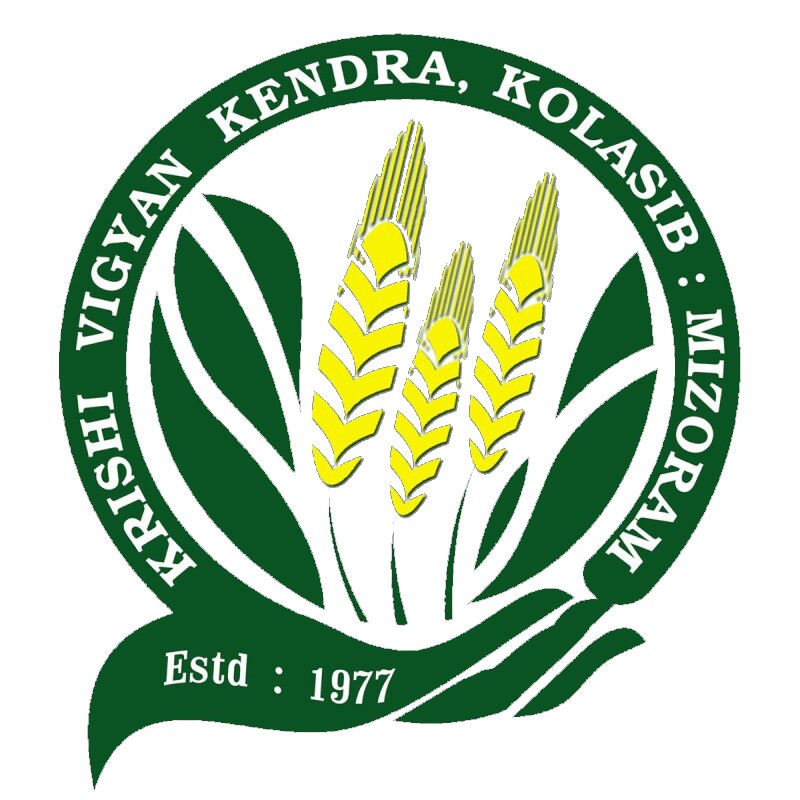IMPLEMENTATION OF NARI PROGRAMME
Introduction:
According to the survey of NFHS IV data, 42.8 % of children U-5 are underweight, 42% are stunted, 25.8% are wasted and 9.2% are severely wasted. Only 6.6% children age 6-23 months are receiving adequate diet. The analysis of the problem suggests that where the child is malnourished, the family including the mother was probably malnourished and hence the approach to address malnutrition is to be at the family and population level rather than just at the child or Anganwadi level, which lead to the idea and realization of the importance of ‘Nutrition Sensitive Agriculture’.
Nutri-sensitive Agriculture Research Innovation is an approach that put nutritionally rich food, dietary diversity and food fortification at the heart of overcoming malnutrition and micro nutrient deficiencies and seeks to ensure their production in adequate quantity and quality to meet the dietary requirement of population in a sustainable manner.
Objectives:
The overall objective of Nutrition sensitive agriculture research innovation is to make the food system better equipped to produce good nutritional outcomes. And the idea is also includes the safe storage, processing, packaging, transportation and remunerative marketing. It also envisaged contributing towards improving health outcomes, through production of diverse, safe and nutrient-rich food and income generation that can facilitate access to health services, reducing contamination of water sources, and through the application of labor-saving technologies.
Results/Outcome of baseline survey:
In pursuance to the intimation received from ATARI, a baseline survey was conducted at Pangbalkawn village of Kolasib district on Children below 18 years of age. Base on the analysis of the baseline survey data collected, only 9.3% of the children are receiving adequate diet, which clearly indicated that the problem of malnutrition/under nourishment is very high among the children (age >18yrs.) in the selected village. Diary product and meat are rarely being consumed by majority of the villagers mainly due to their poor state of living/ poverty. Though, their main source of income is through farming and are also dependent on their own farm produce for household consumption, they have little or no awareness regarding the importance of balanced diet, nutritious food, and home scale crop diversification through kitchen gardening or nutritional gardening so as to ensure nutritious and balanced diet. Anganwadi Centre and school’s midday meals are the only social assistance schemes through which one can support nutritional requirements.
The people living in this area needed an awareness campaign and training on the importance of Nutrition & health. And also, promoting healthy food, skill development etc.

















